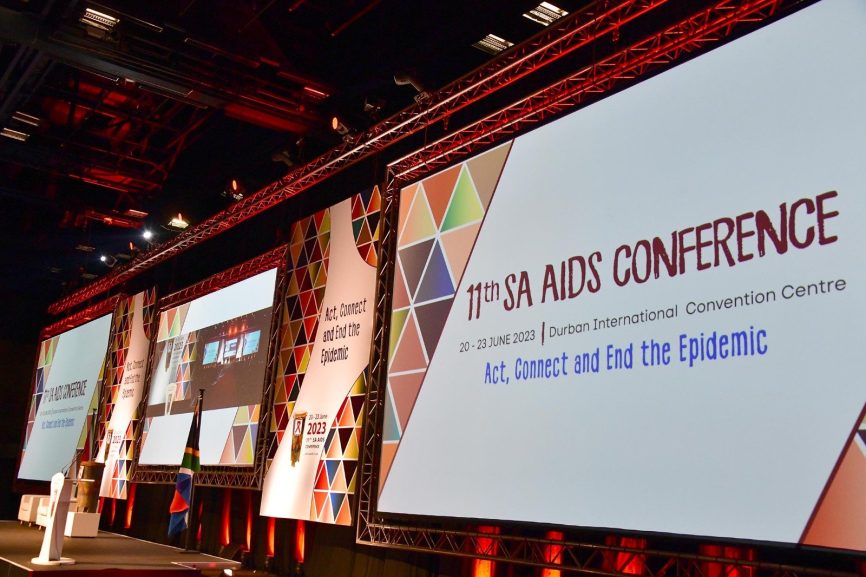Scientists, NGOs and policymakers are gathering in Durban at the 11th SA Aids Conference which started on Tuesday to reignite a multi-stakeholder approach to fighting HIV.
According to the UNAIDS Global Aids report of 2022, of the 38 million people living with HIV globally, South Africa remains the epicentre of the pandemic with 8 million people living with the virus, despite roads having been made to curb infections and the country having the world’s largest ARV treatment programme.
Addressing delegates at the start of a week of Aids conversations, conference chair Dr Gloria Maimela says COVID-19 not only killed frontline HIV workers but widened the inequality gap.
She emphasises that the COVID-19 pandemic forced the healthcare sector to shift focus away from HIV in a dramatic fashion.
“As the pandemic gripped the world and South Africa, we lost focus on an epidemic that counts on destruction to continue unabated young people continued to be infected by HIV. Although the HIV incidence rate in the youth is lower in 2022 than in 2019, the rate of decline will undermine South Africa’s ability to reach the 2025 global coalition prevention targets.”
HIV numbers on the rise after COVID-19 pandemic:
‘Lessons learnt’
Health Minister Dr Joe Phaahla says while COVID-19 had setbacks for the country’s HIV and TB programme, there have been some lessons learnt.
“The HIV/TB prevention programme was severely compromised during the pandemic but we are recovering, it challenged plans and compelled us to enhance new methods some of which have also given us some new advantages, especially in the area of tech we have now started to look more into tech in providing our services,” Phaahla says.
Maimela also speaks out against Uganda’s Anti-Homosexuality Act that advocates for life imprisonment for anyone who is convicted of homosexuality.
“There is no place for stigma and discrimination in our modern society. We, therefore, condemn the passing of the Ugandan anti LGBTQI plus law in the strongest terms… it is inhumane and makes a mockery of the advances made in the fight against HIV,” says Maimela.
11th SA AIDS Conference I Access to TB and HIV treatment:
‘Hate crimes and instability’
South African National Aids Council (SANAC) Steve Letsike says that Uganda’s Act would lead to hate crimes and instability.
Scientists and NGOs have also lamented the impact of COVID-19 on HIV funding.
Nelson Muffuh, from the Joint United Nations Programme on HIV/Aids (UNAIDS), has called for sustained and adequate financing for investments in health infrastructure and systems.
Muffuh says, “On the African continent, South Africa is among the top-ranking countries in the allocation of revenue to health and must be applauded for financing 69% of your AIDS response. The United Nations, therefore, looks forward to working with you to implement the recently implemented NHI bill to address healthcare financing challenges and provide universal access to quality healthcare for all South Africans irrespective of their socio-economic status.”
The SANAC says that in the first quarters of 2019, 2020 and 2021, the number of HIV tests conducted dropped by 46%.
Launch of sexual and reproductive rights campaign ahead of 11th SA AIDS conference:






